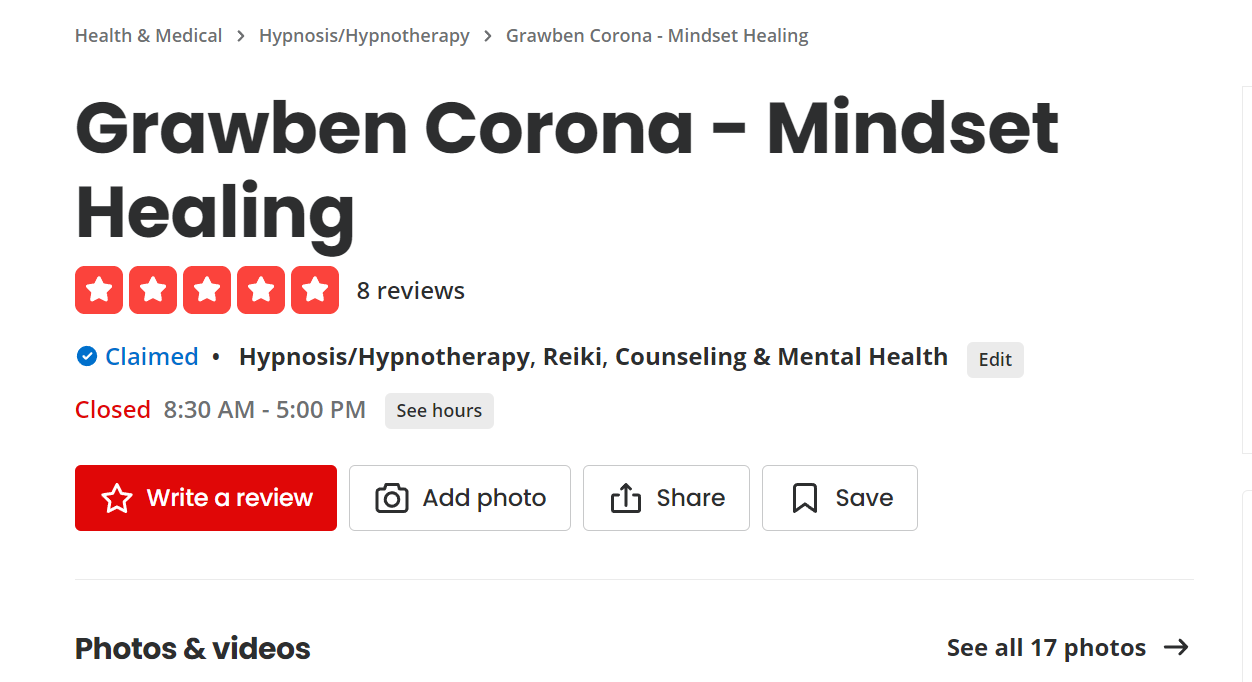A behavioral hypnotherapist can help a person with sleep issues by using a combination of therapeutic techniques aimed at modifying unhealthy behaviors, emotions, and thought patterns. Hypnotherapy is an alternative treatment that works by guiding the individual into a relaxed state of mind, making them more receptive to positive suggestions and changes. Here’s how a behavioral hypnotherapist can help someone with sleep issues:
1. Identify underlying issues: The hypnotherapist begins by discussing the client’s sleep issues and working together to identify any underlying factors that may be contributing to their sleep problems, such as stress, anxiety, or negative thought patterns.
2. Develop a customized treatment plan: Based on the individual’s needs, the hypnotherapist will develop a personalized treatment plan that incorporates various therapeutic techniques to address the specific sleep issues.
3. Induce a hypnotic state: The hypnotherapist will guide the individual into a deeply relaxed, trance-like state. This state allows the client to be more open to suggestions and can help facilitate changes in thought patterns and behaviors.
4. Provide positive suggestions: While the client is in a hypnotic state, the hypnotherapist will use verbal cues and imagery to encourage the adoption of healthier sleep habits and to promote relaxation. These suggestions may include visualizing a peaceful sleep environment, focusing on feelings of relaxation, or adopting new bedtime routines.
5. Cognitive-behavioral techniques: The hypnotherapist may incorporate cognitive-behavioral strategies to address negative thought patterns that could be contributing to sleep issues. These techniques can help the individual recognize and replace unhelpful thoughts with more positive and realistic ones.
6. Teach relaxation techniques: The hypnotherapist may teach various relaxation techniques, such as deep breathing exercises, progressive muscle relaxation, or guided imagery, which can help the individual achieve a state of relaxation more easily at bedtime.
7. Support and reinforcement: As the individual begins to implement the suggested changes, the hypnotherapist will provide ongoing support and reinforcement to help reinforce the new habits and thought patterns.
8. Evaluate progress and adjust the plan: The hypnotherapist will monitor the individual’s progress and adjust the treatment plan as necessary to ensure the most effective results.
It’s important to note that the effectiveness of hypnotherapy for sleep issues can vary depending on the individual and the severity of their sleep problems. However, many people have found relief from their sleep issues through behavioral hypnotherapy, and it can be a valuable complement to other treatments, such as medication or lifestyle changes.


